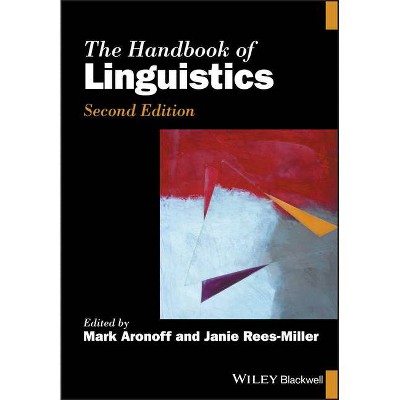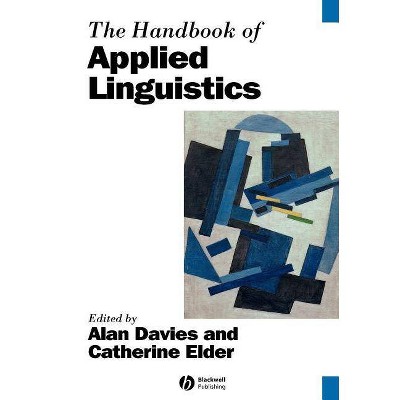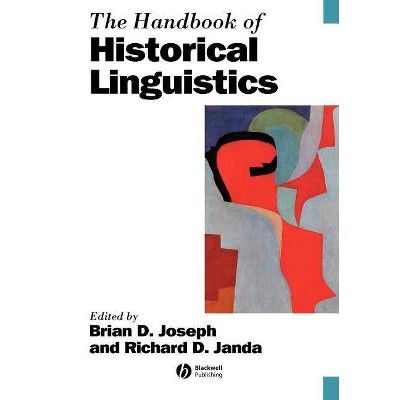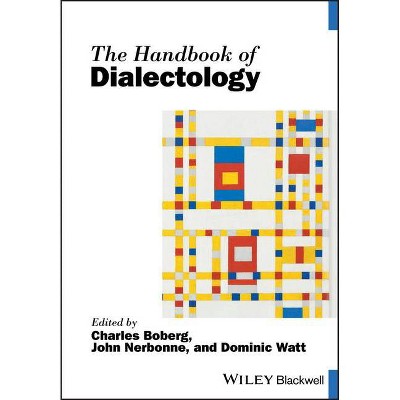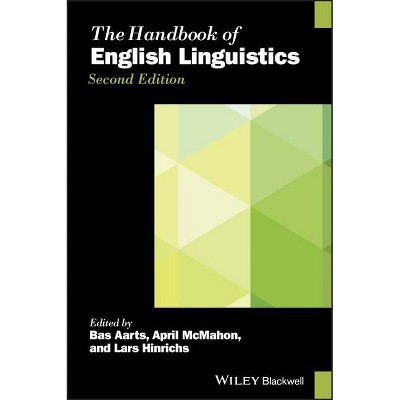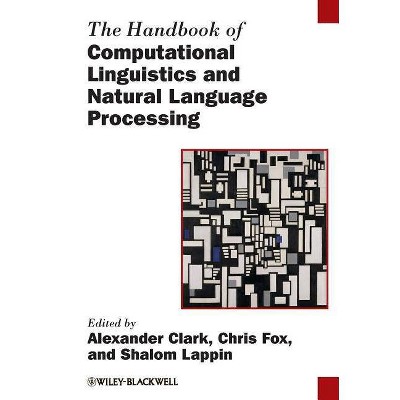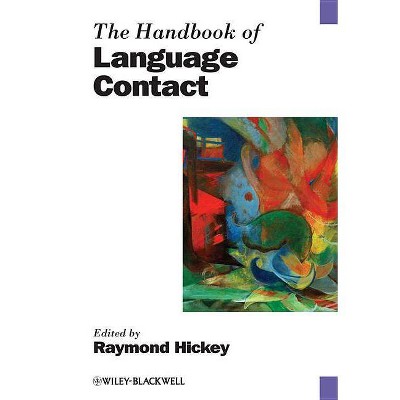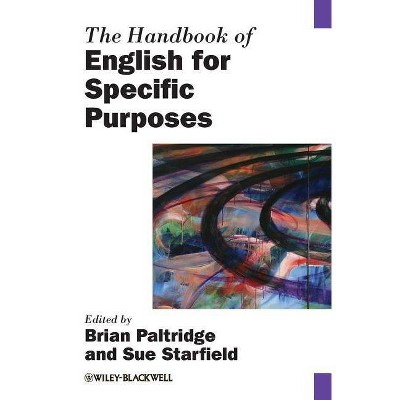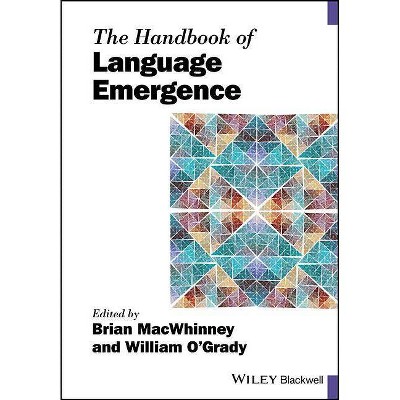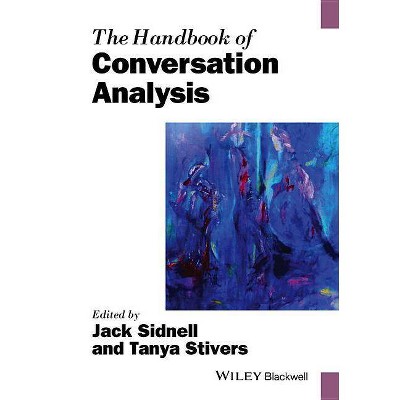The Handbook of English Pronunciation - (Blackwell Handbooks in Linguistics) by Marnie Reed & John Levis (Paperback)
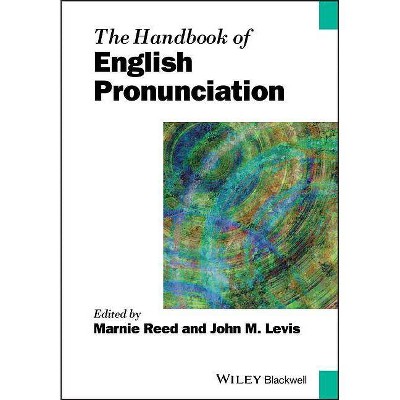
Similar Products
Products of same category from the store
AllProduct info
<p/><br></br><p><b> Book Synopsis </b></p></br></br><p><i>The Handbook of English Pronunciation</i> presents a comprehensive exploration of English pronunciation with essential topics for applied linguistics researchers and teachers, including language acquisition, varieties of English, historical perspectives, accent's changing role, and connections to discourse, technology, and pedagogy.</p> <ul> <li>Provides thorough descriptions of all elements of English pronunciation</li> <li>Features contributions from a global list of authors, reflecting the finest scholarship available</li> <li>Explores a careful balance of issues and topics important to both researchers and teachers</li> <li>Provides a historical understanding of the importance of pronunciation and examines some of the major ways English is pronounced today throughout the world</li> <li>Considers practical concerns about how research and practice interact in teaching pronunciation in the classroom</li> </ul><p/><br></br><p><b> From the Back Cover </b></p></br></br><p><b>"This outstanding <i>Handbook</i> provides a comprehensive, readable and authoritative overview of the nature, learning, and teaching of pronunciation. It will be an indispensable resource for teachers, teacher educators, and researchers alike."</b></br> <b>Jack C. Richards, </b> University of Sydney and University of Auckland, New Zealand <p><i>The Handbook of English Pronunciation</i> presents a comprehensive exploration of the characteristics of English pronunciation, including language acquisition, English in the world, its relationship to modern technology, the shifting role of accent, and more. Featuring contributions from a global team of authors, the <i>Handbook</i> explores such areas as the pronunciation function at the sound, word, sentence, and discourse levels and the important and often inadequately described suprasegmental aspects of phonology. It offers insights into a wide range of relevant topics, including the historical development of English, global diversity of English pronunciation, optimum ways of describing features of English pronunciation, patterns of first and second language acquisition, and social attitudes relating to variations in accents. Through a careful balance of essential topics in both research and pedagogy, <i>The Handbook of English Pronunciation</i> is an invaluable resource, addressing this important aspect of contemporary linguistic research and language teaching.<p/><br></br><p><b> Review Quotes </b></p></br></br><br><p>"This outstanding <i>Handbook </i>provides a comprehensive, readable and authoritative overview of the nature, learning, and teaching of pronunciation. It will be an indispensable resource for teachers, teacher educators, and researchers alike."</p> <p><b>Jack C. Richards</b>, University of Sydney and University of Auckland, New Zealand</p><br><p/><br></br><p><b> About the Author </b></p></br></br><p><b>Marnie Reed</b> is Professor of Education and affiliated faculty in the Program in Applied Linguistics at Boston University, USA. She is also Director of the graduate program in Teaching English to Speakers of Other Languages (TESOL) in the School of Education, where she teaches courses in linguistics, second language acquisition, and applied phonetics and phonology. <p><b>John M. Levis</b> is Angela B. Pavitt Professor of English in the Applied Linguistics and TESL program at Iowa State University, USA. He specializes in the teaching of pronunciation and oral communication, phonetics and phonology, introductory linguistics, dialects in American literature, and technology and oral communication.
Price History
Price Archive shows prices from various stores, lets you see history and find the cheapest. There is no actual sale on the website. For all support, inquiry and suggestion messagescommunication@pricearchive.us
